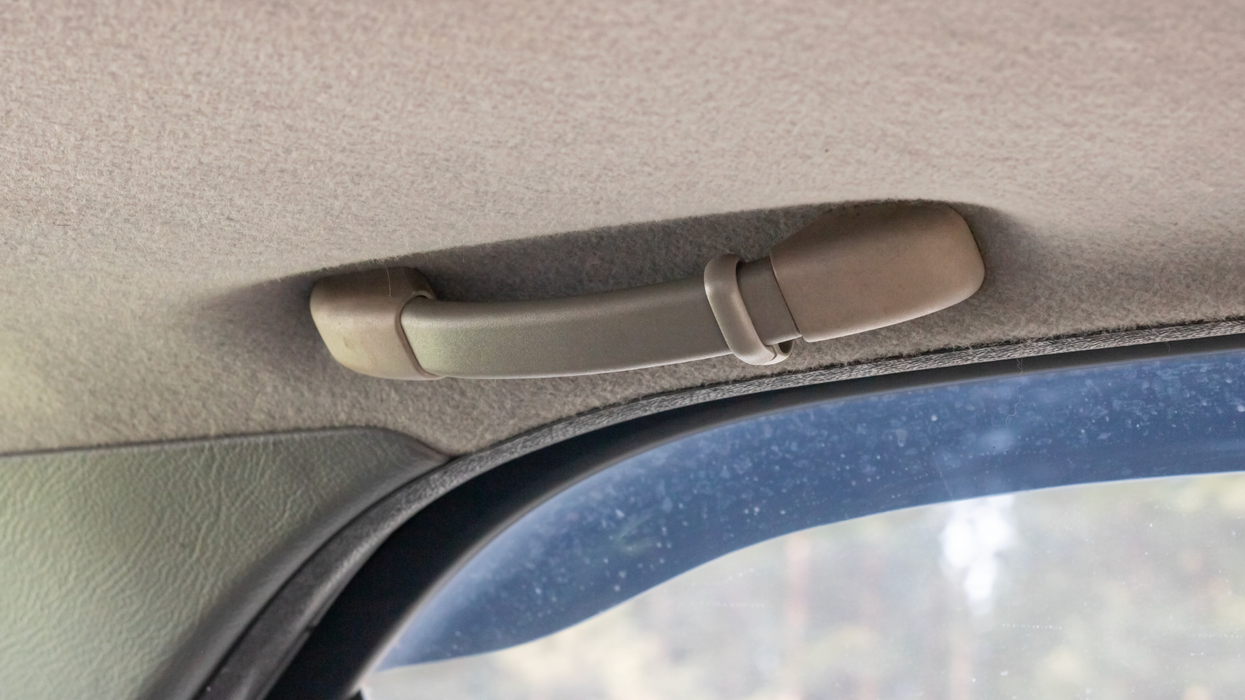The latest story eroding airline travel's already battered reputation begins with a pair of sagging pants. College football player DeShon Marman was kicked off his US Airways flight in San Francisco last week for sagging his pants too far, thus exposing his (underwear-covered) ass. Once off the plane, Marman was arrested for trespassing, battery, and resisting arrest, charges that jeopardize his University of New Mexico athletic scholarship. Adding insult to injury, just a few days before Marman, who is black, was singled-out for his "inappropriate" clothing, a white man in Florida was allowed to board a US Airways flight wearing only women's underwear.
The large gulf between acceptable plane clothing in San Francisco and Ft. Lauderdale has forced US Airways to admit that it doesn't have a formal dress code, meaning decisions about whether travelers are dressed appropriately are left to the discretion of airline employees with varying ideas about what constitutes indecency. Perhaps its time for US Airways, and all airlines, to finally enact a dress code.
Requiring travelers to show a modicum of formality would lose customers right off the bat, as some people are simply never going to give up their sweatpants and tank tops. However, a dress code would also save airlines a lot of legal hassle and bad press they risk when they allow their flight crews to arbitrarily decide whether something is inappropriate. In 2007, for instance, two women were admonished for their risque clothing on separate Southwest Airlines flights. That same year a man was banned from a flight in Australia for wearing an anti-George W. Bush shirt that said "terrorist" on it. And in 2005 a different anti-Bush administration t-shirt (this one read, "Meet the Fuckers") forced a woman and her husband off a Southwest flight in Reno, Nev.
Naturally, all of these people immediately went to the press with their stories and, if reports are to be believed, they also immediately began considering lawsuits. It's well within an airline's right to banish customers from flights, but it's a sticky situation when it does so without any prior indication about what constitutes a violation. To be sure, some airlines have written policies about customer attire, but most of those are like Southwest's, which bans clothing if it's "lewd, obscene or patently offensive." Of course, "obscene" is subjective—one man's "fuck" is another's "darnit"—making it useless as a rule.
Rather than pussyfooting around with watered-down, meaningless half-policies, it makes sense for airlines to come out and set some real guidelines. If you don't want people exposing their butts on your planes by sagging their pants, just come right out and say so. (Right now the words "clothes" and "clothing" never appear on the US Airways "General Policies" page.) It's legal—air travel is not a right, so just as nightclubs are allowed to demand that attendees not wear baseball caps, US Airways can ban customers who sag their pants.
Sure, airline dress codes would make the skies a little less friendly. But they'd be a lot more efficient.
















 Otis knew before they did.
Otis knew before they did.